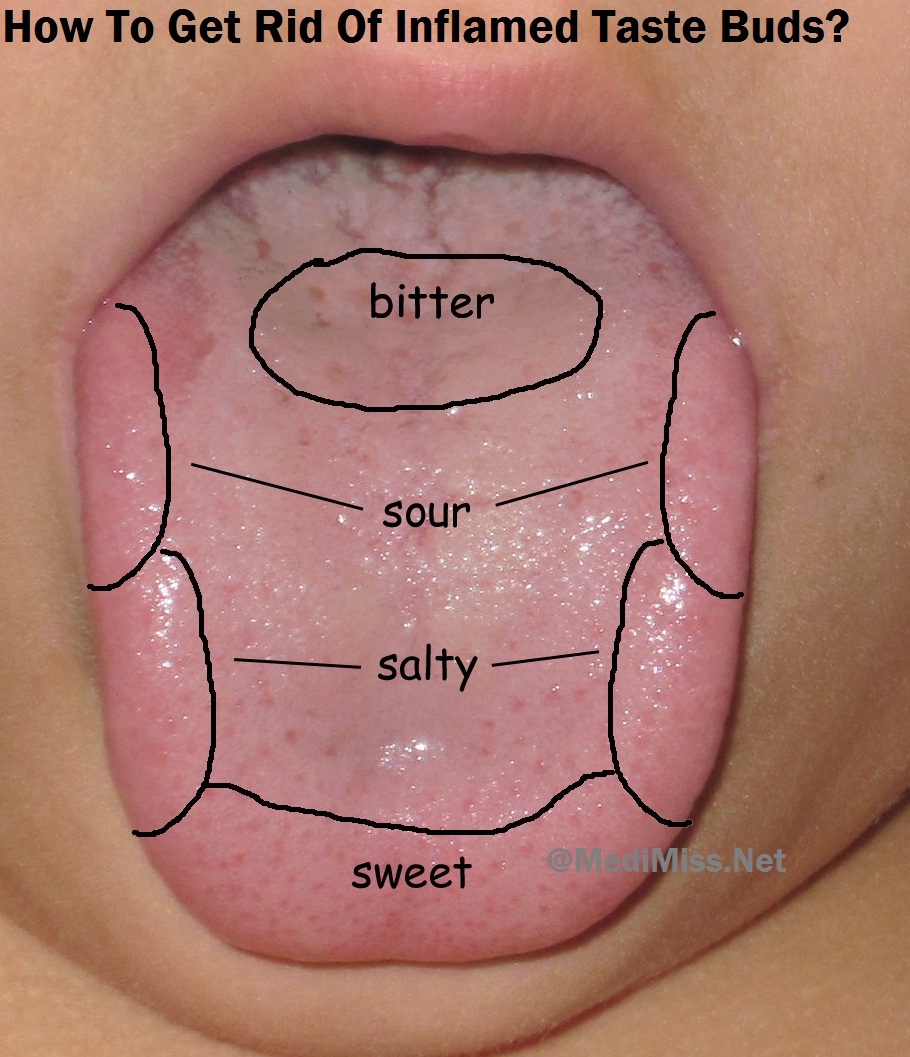

Irritated Taste Bud: Understanding Causes, Symptoms, And Treatments
Irritated taste buds can disrupt your eating experience and affect your overall quality of life. This condition, often overlooked, can arise from various factors, including food choices, health conditions, and lifestyle habits. Understanding the underlying causes and symptoms of irritated taste buds is essential for effective management and treatment. In this comprehensive article, we will delve into the intricacies of irritated taste buds, providing insights into its causes, symptoms, and potential remedies.
Many people experience discomfort from time to time, but when it comes to taste buds, irritation can lead to noticeable changes in how we perceive flavor. The sensations of burning, tingling, or changes in taste can not only be annoying but can also signal underlying health issues. In this article, we will explore the various aspects of irritated taste buds, aiming to equip you with the knowledge needed to address this condition effectively.
Whether you're someone who has experienced this issue or are simply curious about it, our goal is to provide valuable information to help you understand and manage irritated taste buds. From prevention strategies to treatment options, read on to discover everything you need to know about this common yet often misunderstood condition.
Table of Contents
- What Are Irritated Taste Buds?
- Causes of Irritated Taste Buds
- Symptoms of Irritated Taste Buds
- Diagnosing Irritated Taste Buds
- Treatment Options
- Preventing Irritated Taste Buds
- When to See a Doctor
- Conclusion
What Are Irritated Taste Buds?
Irritated taste buds can be defined as an inflammation or sensitivity of the taste receptors on the tongue. These receptors, known as taste buds, play a crucial role in our ability to taste and enjoy food. When they become irritated, individuals may experience discomfort, altered taste sensations, and difficulty enjoying food.
The human tongue has approximately 2,000 to 8,000 taste buds, each responsible for detecting different flavors such as sweet, sour, salty, bitter, and umami. When these taste buds are irritated, it can lead to a variety of symptoms that can significantly impact one’s dining experience.
Causes of Irritated Taste Buds
Understanding the causes of irritated taste buds is essential for managing the condition effectively. Some common causes include:
- Food Irritants: Spicy foods, acidic fruits, and certain seasonings can irritate taste buds.
- Health Conditions: Conditions such as allergic reactions, oral thrush, or diabetes can lead to taste bud irritation.
- Medications: Certain medications, especially those that cause dry mouth, can affect taste perception.
- Infections: Viral infections, such as colds or flu, can lead to temporary irritation of taste buds.
- Oral Hygiene Products: Some mouthwashes and toothpaste may contain ingredients that irritate taste buds.
Symptoms of Irritated Taste Buds
Recognizing the symptoms of irritated taste buds is crucial for early intervention. Common symptoms include:
- Burning sensation on the tongue
- Altered taste perception (e.g., metallic or bitter taste)
- Tingling or numbness in the mouth
- Discomfort while eating or drinking
- Swelling or redness of the tongue
Diagnosing Irritated Taste Buds
Diagnosis of irritated taste buds generally involves a thorough examination by a healthcare professional. The healthcare provider may:
- Conduct a physical examination of the mouth and tongue
- Review the patient’s medical history and symptoms
- Perform allergy tests if an allergic reaction is suspected
- Recommend blood tests to check for underlying health issues
Treatment Options
Treatment for irritated taste buds can vary depending on the underlying cause. Here are some common treatment options:
Home Remedies
- Hydration: Drinking plenty of water can help alleviate dryness and irritation.
- Saltwater Rinse: Gargling with warm salt water can reduce inflammation.
- Aloe Vera: Aloe vera gel can soothe irritated areas in the mouth.
- Avoiding Irritants: Steering clear of spicy or acidic foods may help in recovery.
Medical Treatments
In cases where home remedies do not provide relief, medical treatments may be required. These can include:
- Prescription mouth rinses to reduce inflammation
- Antihistamines for allergic reactions
- Topical medications for infections
Preventing Irritated Taste Buds
Preventive measures can help reduce the risk of developing irritated taste buds. Here are some tips:
- Maintain good oral hygiene by brushing and flossing regularly.
- Limit consumption of spicy, acidic, or overly hot foods.
- Stay hydrated to keep the mouth moist.
- Avoid tobacco products and limit alcohol consumption.
When to See a Doctor
If symptoms persist for more than two weeks or worsen over time, it is essential to seek medical advice. Additionally, if you experience severe pain, swelling, or difficulty swallowing, immediate medical attention is necessary.
Conclusion
In summary, irritated taste buds can significantly affect one's quality of life, but understanding the causes and symptoms can lead to effective management. By recognizing the signs and implementing appropriate treatment options, individuals can alleviate discomfort and restore their taste perception. If you have experienced irritated taste buds, consider sharing your experiences in the comments below or exploring related articles on our site for more information.
Thank you for reading! We hope this article has provided valuable insights into irritated taste buds. Don't hesitate to return for more informative content on health and wellness.
Is The Ocean Blue Because Of The Sky? Unraveling The Mystery
Unlock Delicious Savings: Pizza Hut Promo Codes 50% Off Entire Meal
Tea For Common Cold: A Soothing Remedy


